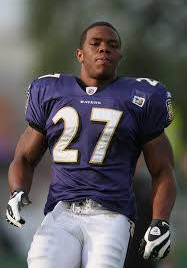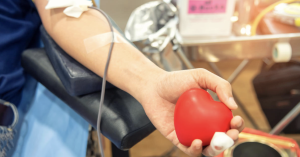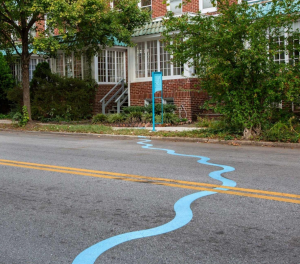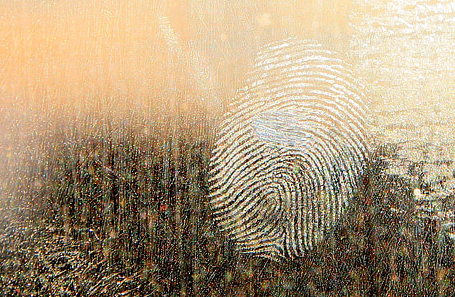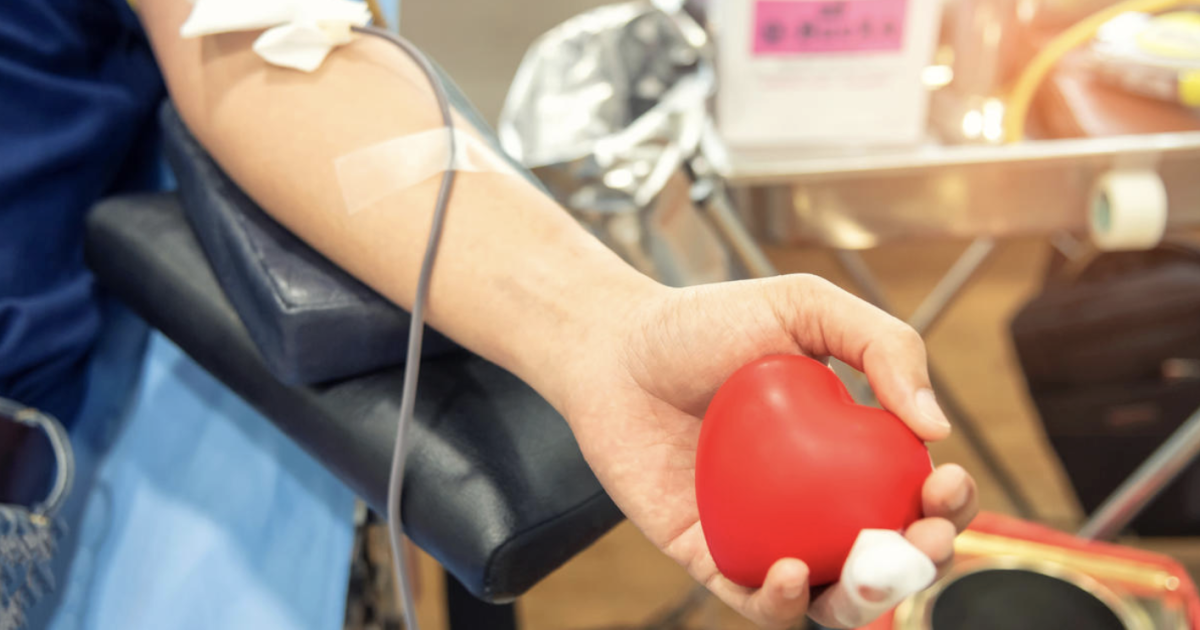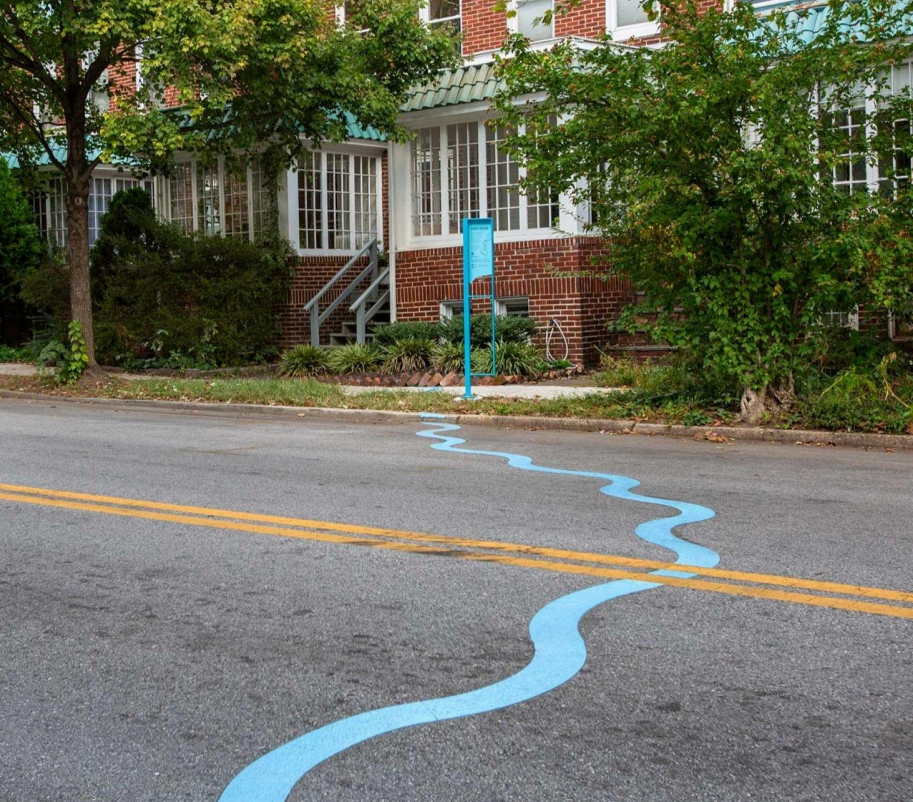If you are curious on what courses you should take next school year, this article might be able to help you out. Forensics is an elective that is all about investigating crimes using scientific methods. In the class you’ll learn about collecting and analyzing evidence, crime scene investigation, courtroom procedures, and more. The units involved in the course consist of processing the crime scene, impressions, ballistics, trace evidence, fingerprints, toxicology, serology, anthropology, time of death/entomology, serial killers, and OJ Simpson.
In order to get another perspective on the class, an interview with forensics teacher, Mr. Hanford was arranged. Here is the information collected from the interview:
Q: What’s your favorite unit?
A: The serial killer unit because it is so much more unique than everything else that students are exposed to in school.
Q: What unit is the easiest/hardest in your opinion and why?
A: The easiest would definitely be the serial killer unit. There isn’t much to study or remember. The serial killer unit doesn’t revolve around math or anything; it’s pretty straight forward. Students tend to be the most successful with this unit.
Hardest: ballistics because of the math
Q: Were you assigned to teach forensics or was that the course you wanted to teach?
A: Assigned. Didn’t want to do it. I mean, I didn’t know anything about it. I learned how to teach forensics, what I’d be teaching, and I watched a lot of CSI too. You don’t have to be certified [in
forensics/criminal justice] to teach forensics; only have to be certified in science. [Mr. Hanford then went on to talk about how he enjoys teaching this class]
Q: What subject/course did you originally want to teach?
A: Biology. I went to college to learn how to teach biology but due to the county taking it away I had to go and teach forensics. [Mr. Hanford ended up teaching earth systems as well as forensics]
Q: Do you think other schools in the state would benefit from having forensics class?
A: Totally, but most schools in Baltimore already have it. There’s stuff we go over in this course that impacts everyone no matter what they end up doing for a living. It’s a very beneficial class.
All in all, if you enjoy learning about things that involve crime, technology, danger, and mystery, I would highly recommend taking this class.



